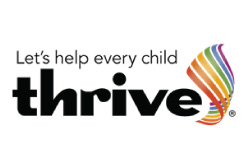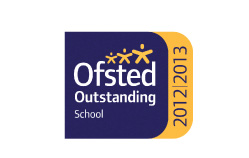A Special Educational Need can mean a number of different things. For example, a child may be having problems with reading, number work or behaviour, which can be helped by putting extra support in at school and working in partnership with parents. It may also be due to a disability which makes it harder for a child to use the same educational facilities that the school provides for the majority of children. For some children this may be temporary, while others may have a long term need of special help.
Types of SEND can include:
- General Learning Difficulties – children whose learning progresses at a slower pace
- Speech and Language Difficulties
- Behavioural Difficulties
- Dyslexia (difficulties with reading, writing and spelling)
- DCD/Dyspraxia (problems with motor skills and co-ordination)
- ASD (Autistic Spectrum Disorder)
- ADD (Attention Deficit Disorder)
- ADHD ( Attention Deficit Hyperactivity Disorder)
- Downs Syndrome
- Cerebral Palsy
- Other Physical or Medical Need
If we feel that a child might have SEND we speak to the people who know the child best – the child themselves and their parents or carers. In that initial assessment meeting the child, parent, class teacher and SENCO will discuss the child’s strengths, areas of difficulty and hopes for the future. This will form the starting point for future support planning and the development of the School Support Plan. We use the graduated approach detailed in the new Special Educational Needs and Disability Code of Practice 2014 of ‘assess, plan, do review’.
Following the first meeting, if it is deemed appropriate, a School Support Plan will be created for your child. This contains 2 or 3 specific, measurable, achievable and realistic targets, outlines appropriate support or intervention programmes and who will be responsible for delivering these interventions. These targets will be reviewed every term with the child, their parents, class teacher and SENCO.
In class, each child’s teacher will be finding ways to support your child to achieve these targets such as:
- Changing the way activities are planned and delivered
- Matching activities to the ability and need of each child (differentiation)
- Adapting learning materials such as equipment and activities to suit each child
We track all pupil progress through:
- Every day formative assessments
- Analysing pupil progress data and setting appropriate targets
- Use National Curriculum testing
- Use tests such as Year 1 Phonics Screening
- Gather information from the child, parent, carers and professionals from other agencies.
Supporting Looked After Children with SEND
We work very closely with external agencies in supporting any Looked After child who may have a Special Educational Need or Disability. They are assessed and supported using the same strategies as other SEND children whilst taking account of their individual history, background and current situation.
If you would like to discuss your SEND requirements in detail please contact the school to arrange an appointment.









